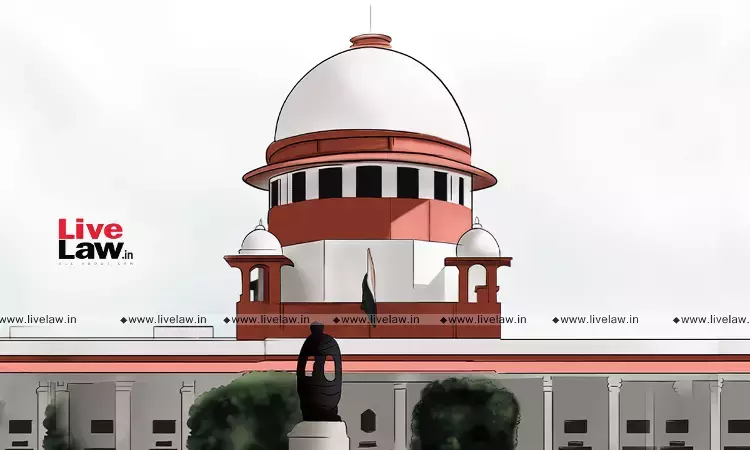Supreme Court Refuses To Modify Its Order On Jalgaon Mosque Dispute, Allows To File Review
Gyanvi Khanna
30 Aug 2024 4:22 PM IST

Next Story
30 Aug 2024 4:22 PM IST
Today (on August 30), the Supreme Court refused to modify its April 19 order wherein it directed that keys to a mosque in Erandol Taluka, Jalgaon, would remain with the municipal council. The Bench of Justices Surya Kant and K.V Vishwanathan, however, granted liberty to file a review petition against the order. At the commencement of the hearing, Justice Kant told Senior...
